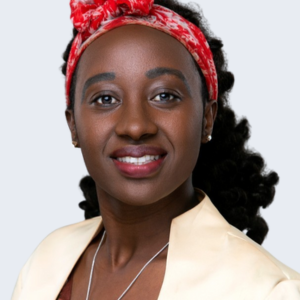Experiential learning opportunity for graduate students and post-doctoral researchers.
Entrepreneurial skills are critical for many high-impact careers, including academia, biotech, healthcare, private practice, investing, and consulting. Our fellowship program is a paid 10-hour weekly commitment for up to one year. This is expected to be in addition to the participants’ current responsibilities in academic research. Throughout the program, Fellows develop executive skills including competitive analysis, analytical marketing, regulatory affairs, intellectual property and aspects of legal and finance. The fellowship includes didactic sessions led by Celdara leadership, as well as invited subject matter experts. Select applicants, through expressed interest, will specifically study Alzheimer’s Disease (AD) and be trained to critically examine novel AD innovations.
Lebanon, NH (CHEF Program)
Senior graduate students (at least 3 years into terminal degree), including MDs and dual degrees (e.g., MD/Ph.D., MD/MBA), as well as post-doctoral researchers are welcome to apply. Interested applicants should submit their CV, cover letter (1 page maximum), and a letter of support from PI or Department Chair to chef@celdaramedical.com.

The Lita Nelsen Prize
Celdara Medical celebrates the extraordinary contributions of Lita Nelsen as she retires from our Board of Directors after a decade of transformative leadership and visionary guidance. In honor of her unparalleled impact on the field of technology transfer, and her many contributions to our company, Celdara Medical is proud to announce the creation of the Lita Nelsen Prize.
The Lita Nelsen Prize will be awarded annually to the Celdara Fellow who demonstrates exceptional achievement in technology transfer. Honoring Lita’s legacy, the prize celebrates excellence in innovation sourcing, due diligence, and development planning. Recipients of this award will reflect her hallmark qualities of bold leadership, insight, and rigorous execution, serving as role models in advancing impactful innovation.





